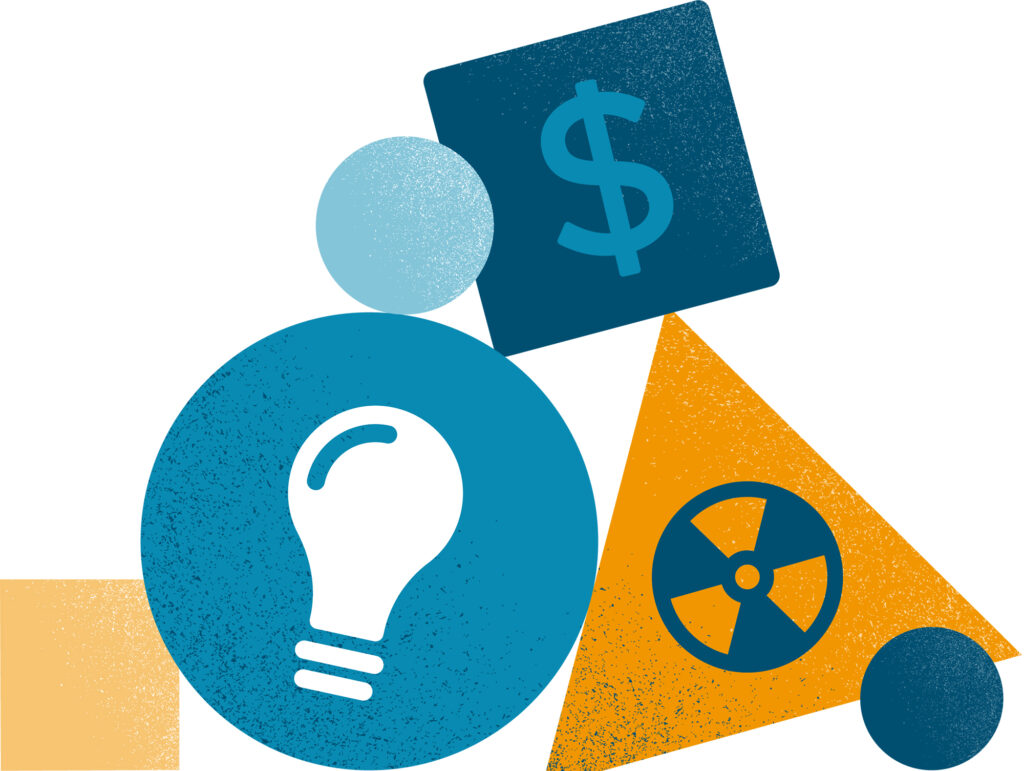
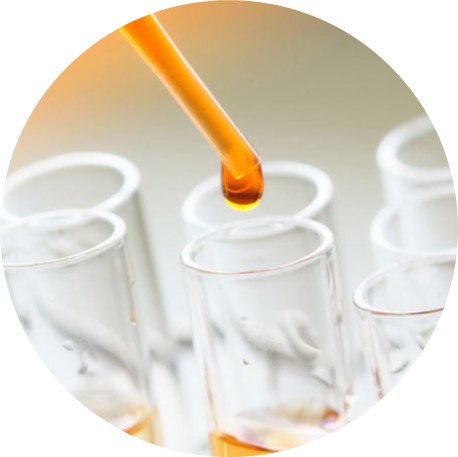
Chemical syntheses
Chemical syntheses and the resulting products, such as detergents and fertilizers, medication and plastics, surround us in our everyday lives and greatly contribute to the prosperity of our society. Research in this field is necessary for the sustainable further development of chemical syntheses and the development of new chemicals. Many of the basic chemicals that are widely used in industry could also be used directly to cause harm or form the basis for the more or less sophisticated synthesis of chemical warfare agents. An example here are the more than 60 billion tonnes of chlorine produced every year to treat water, in the production of plastics and in the production of drugs. As an asphyxiant gas, however, chlorine can also be used directly as a chemical weapon.
Building on the Chemical Weapons Convention (CWC) of 1993, an expert group of chemists from 24 countries presented ethical guidelines in 2015 guided by existing codes. These guidelines, known as The Hague Ethical Guidelines, are addressed to chemical practitioners from research and industry and call for responsible conduct to guard against the risks of misuse. The community is urged to foster a culture of greater awareness so that chemical products and/or their intermediates are not used as weapons, and to apply the highest ethical standards.
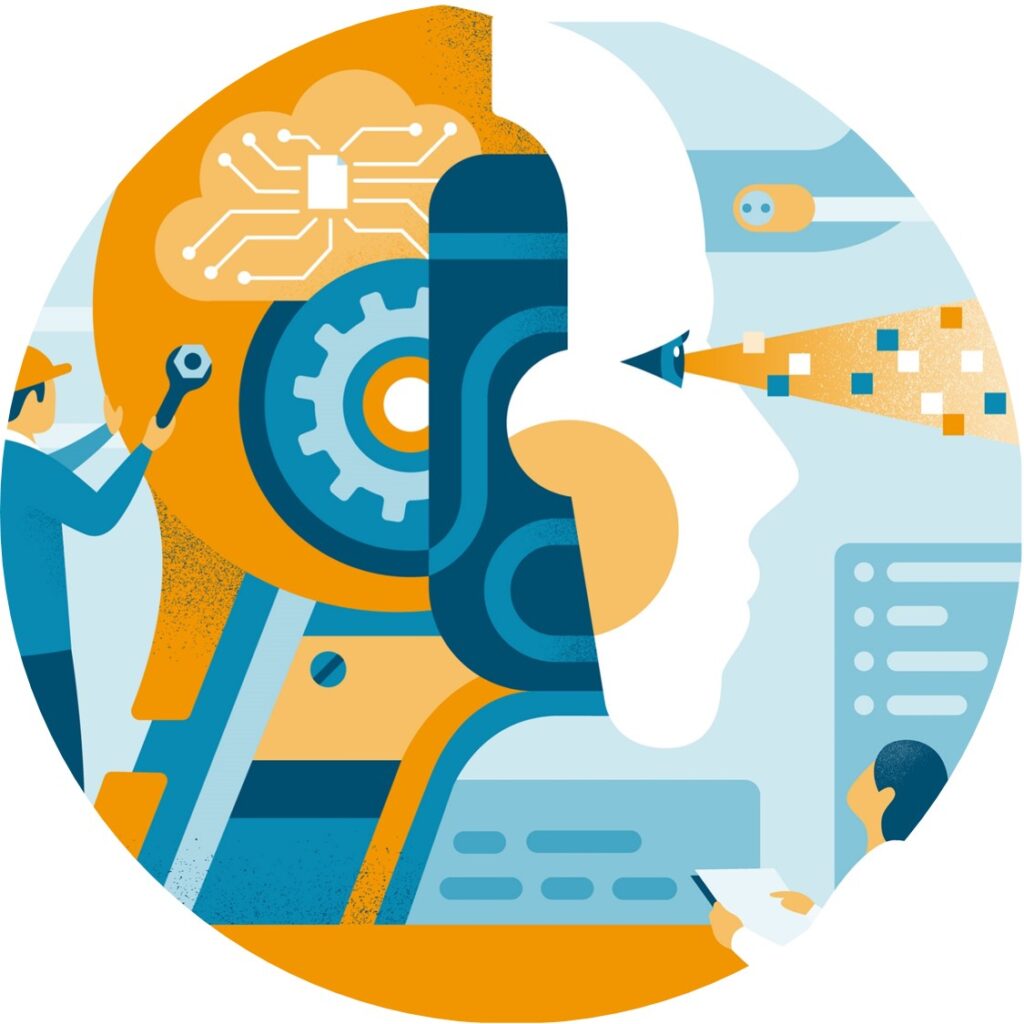
Artificial intelligence and robotics
Artificial intelligence (AI) is a field of computer science that deals with the research and development of autonomous intelligent behaviour and machine learning and is one of the leading forces in advancing digitalisation. The wide spectrum of possible applications ranges from virtual opponents in computer games, to the autonomous processing of incalculably complex volumes of data, and autonomous robots and vehicles. These controllable AI systems harbour a huge potential for misuse. Autonomous robots could, for example, be used by terrorist groups in terrorist attacks and AI algorithms could be misused for autonomous disinformation campaigns and the autonomous hacking of computers. In 2018, a project group of researchers from the universities of Stanford, Yale, Oxford and Tohoku and developers from Microsoft and Google published the report “The Malicious Use of Artificial Intelligence: Forecasting, Prevention, and Mitigation” underlining the concrete risks of using AI, that is already available or soon will be, to do harm. In two open letters, a group of researchers working in robotics and artificial intelligence called for a primarily social and beneficial use of their developments and warned against an arms race of autonomous weapons systems. In October 2017, the Joint Committee held a workshop on “Freedom and Responsibility in IT Sciences” which probed the security-relevant aspects of research into artificial intelligence.
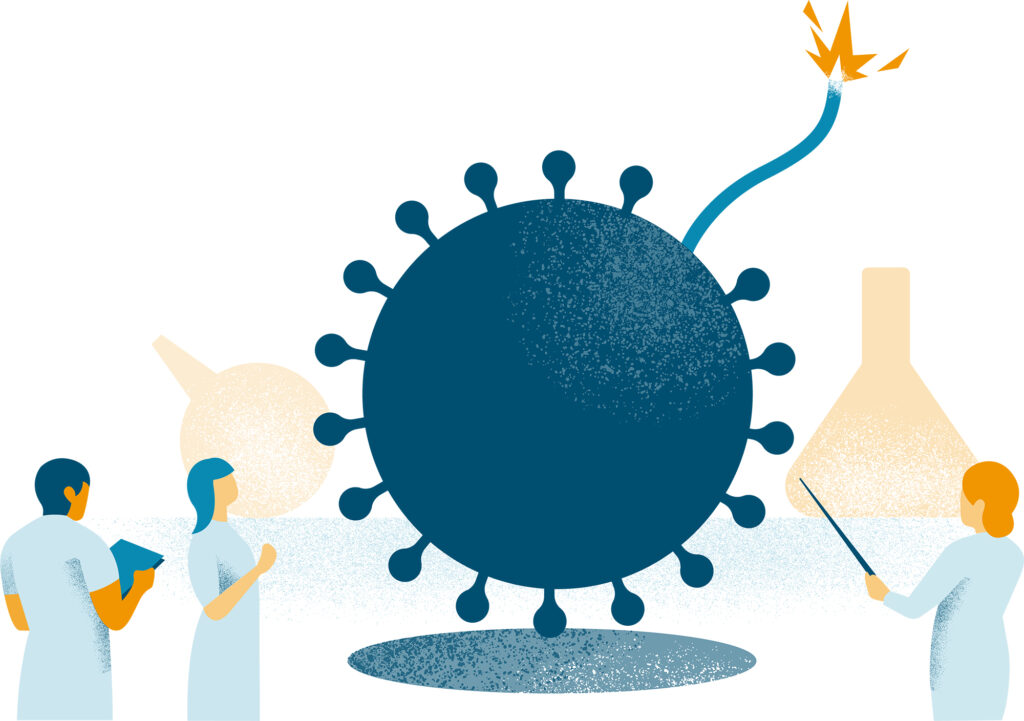
Life sciences
Life sciences have, without a doubt, improved our lives in many ways. Molecular genetic research has revolutionised drug development and the production of essential nutritional supplements and other valuable biological substances. Most infectious diseases have now been understood thanks to pathogen research and with the discovery of antibiotics and vaccines no longer present anywhere near the threat they once did. Critics of pathogen research fear that pathogens used or created in research could escape from the high-security labs through negligence and come into circulation and cause further damage. There are a number of regulations in place designed to ensure an optimal level of biological safety (biosafety). The knowledge made available to the world at large through the publication or research methods and research findings is regarded by some as another potential threat as it could be used to make biological weapons for bioterrorist attacks. In the last few years, gain-of-function experiments to investigate the transmission of highly pathogenic influenza viruses, avian flu type H5N1, have repeatedly attracted public attention. Another leading international point of debate in this context is the potential for misusing research into gene drives – genetic constructs thought to spread particularly efficient in the wild animal population.
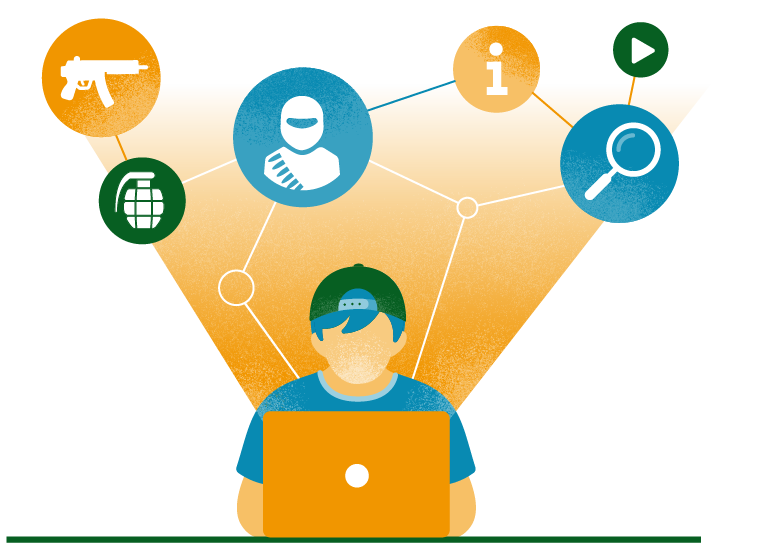
Humanities
Security-relevant research risks exist, albeit to varying degrees, in almost all disciplines. Ultimately, even the humanities, cultural, social, and behavioral sciences could produce security-relevant results. For example, comprehensive scientific databases on valuable cultural treasures may provide clues for grave robbers and other criminals. Social psychological research, such as in social media, could be used to manipulate groups of people and repression. Linguistic research on speech recognition systems may be applicable to abusive communications surveillance. Even the results of peace and conflict research can be misused, for example when radicalisation and discrimination processes are scientifically analysed and processed.

